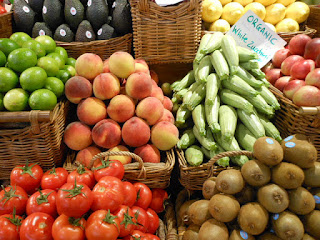$20 129.
Now that seems like a whole lot of Cake... here is a basic breakdown of what you can expect to pay:
Average budget breakdown based on anticipated costs:
Venue = $9,255
Honeymoon = $5,470
Rings/Bands = $2,470
Photographer/Videography = $2,206
Bridal Gown = $1,847
Decor/Florist = $1,343
DJ/Musicians = $1,247
Transportation/Limo = $753
Cake = $584
Jewellery = $483
Hairstylist = $467
Guest Favours = $452
Bridesmaids’ Dresses = $428
Stationery = $384
Now to avoid all the extra stress your going to feel planning this BIG event you should budget 5% of your total budget for a "just in case" fund because you never know what might happen.
If you have decided that your also going to pay for a honeymoon remember to budget for that as well. The average actual cost of a wedding in Canada, including the honeymoon, is $31,110.
So before you go ahead with all your big dreams and grandeur plans sit down and take the time to make a budget and really go through the numbers so that you stay on track and avoid any of the stress. Really figure out what are the most important things to spend that money on, what are you & your guest going to remember 20yrs from now? Will it be the photo's or great food that everyone raved about or the guest favors that most of the time are not usable or end up being left by the guest. Use your budget wisely and be smart.
Happy Planning!








